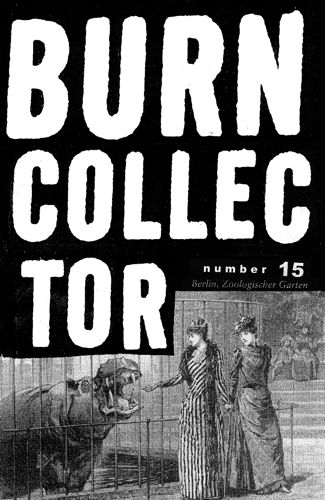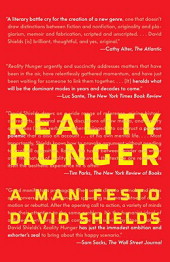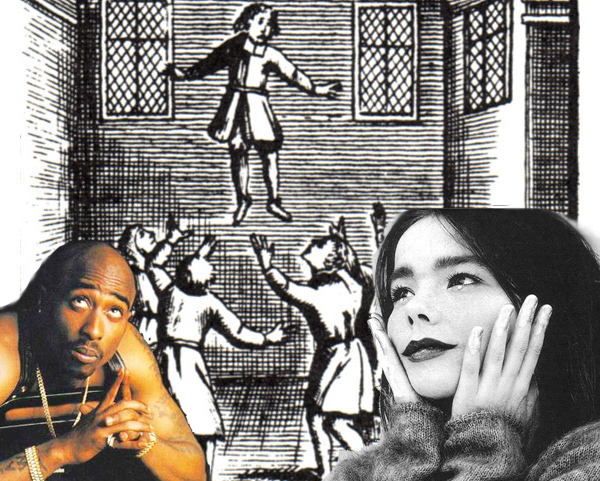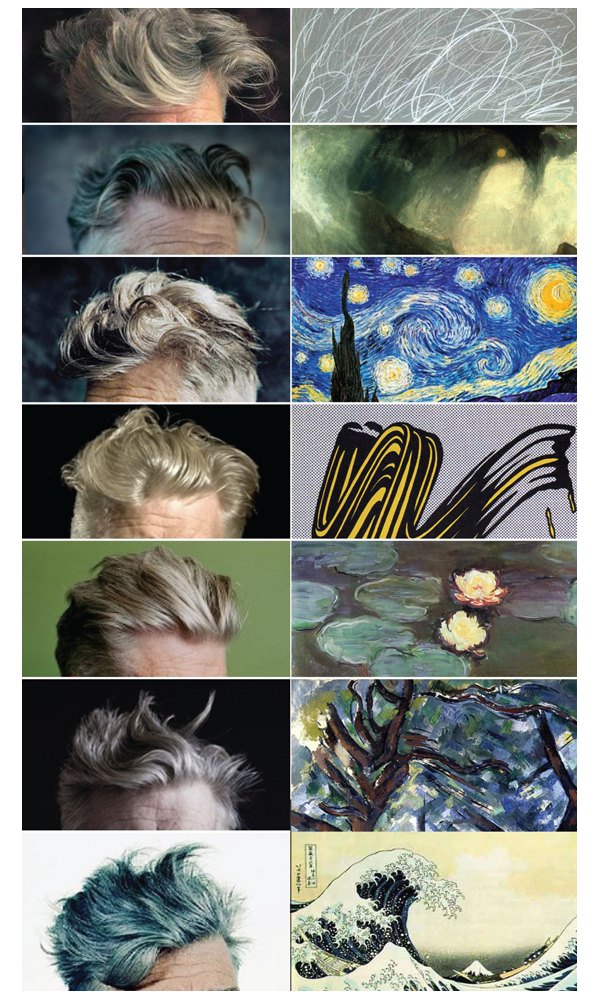On Fandom and Aliens Remaking the World
I am interested in the concept of fandom. Do you have a “fan” kind of relationship with the things you love? I feel like I have a very fan kind of relationship with the things I like, even if the people who make them are “nobodies” to society. I am a fan of random people, people who make beautiful things, people that have what I call the 6th sense—which is a special kind of perception, a special way of seeing or knowing. For example, Bhanu Kapil. I have a list of suspected “aliens”—passionate people that possess certain qualities. Bhanu is on it. Eileen Myles is on it too—I could listen to her talk all day because it’s always like wandering through a very fascinating and specific brain. I guess I don’t understand casual people—people that get enough sleep, people that are regular (as in consistent), people that find it easy to make new friends….
The epic poem that I wrote recently was about trying to find the lost aliens of planet earth, crisscrossing the country on foot in search of the other alien beings. Actually, most of the poem is about obsessively trying to escape through a crack in the sky until I am told by Tupac, who lives in the kingdom in the sky, that I should not try to ascend but should focus on my world—on “this worldliness.” That’s when I start trying to find the lost ones. I chose Tupac because my brothers and I were such big fans as children, and still to this day I think of him as a dynamic figure—tough and sensitive with radical and intellectual tendencies. So Tupac tells me I’ve got it all wrong. He encourages me to redirect my vision. I listened. I stumble upon a mysterious post office in Wyoming that has rows and rows of open postal boxes and I leave letters in the mailboxes knowing that the lost aliens of planet earth are the ones who will reply. We find each other and sing a note real loud and blast all of the beings that are ready to make the new world into the sky. As I am ascending Bjork is below me wearing a big dress while looking at me with tears in her eyes because she is so moved (I was a very big fan of Bjork growing up). One by one, we cross over into a crack that opens in the sky.
It’s International Women’s Day 2011!
 What follows is a list of writers who amaze me.
What follows is a list of writers who amaze me.
Locals: Roxane Gay • Evelyn Hampton • Lily Hoang • Kristen Iskandrian • Catherine Lacey • Chelsea Martin • Amy McDaniel • Alissa Nutting • Alexis Orgera • Jackie Wang
Notables: Amelia Gray • Aimee Bender • Judy Budnitz • Trinie Dalton • Christine Schutt • Jac Jemc • Lydia Millet • Catie Rosemurgy • Claire Donato • Renata Adler • Leni Zumas • Eudora Welty • Eileen Myles • Amber Sparks • Flannery O’Connor • Joyelle McSweeney • Jackie Corley • Patricia Highsmith • Ellen Bryan Voigt • Mary Ruefle • Myla Goldberg • Karen Russel. Carolyn Chute • Kathrine Dunn • Mary Miller • Kate Walbert • Amy Hempel • Amanda Filipacchi • Tillie Olsen • Joanna Howard • Claudia Smith • Melissa Broder • Grace Paley • Katherine Anne Porter • Pagan Kennedy • Suzanne Burns • Victoria Blake • Sandy Florian • Shirley Jackson • Emily Dickinson • Marcy Dermansky • Lorrie Moore • Kate Bernheimer • Alice Munro • Kim Chinquee • Francine Prose • Janet Frame • Brandi Wells • Robin Romm • Mary Robison • Antonya Nelson READ MORE >
Al Burian US reading tour
I recently caught up with Al Burian in Berlin to record a podcast and I realized that I should let all of you know that you should not pass up the chance to see Al Burian read if he is rolling through your city on his upcoming reading tour. Seriously. I’ve seen him read several times and he’s always delivered. Tell him Jackie sent you.

NEW PUBLICATIONS BY AL BURIAN
BURN COLLECTOR #15 will be out in March, published by Microcosm.
http://microcosmpublishing.com
March will also see the release of OK, OK, You Smote Me, a short story in zine format, available exclusively from Quimby’s bookstore of Chicago.
READINGS
March 12 Bookthugnation, Brooklyn NY
March 13 Molly’s Book Store, Philadelphia PA
March 15 Towson University, (near Baltimore) MD
March 17 Sugar City, Buffalo NY
March 22 Quimbys, Chicago IL
March 25 Chicago Zine Fest
March 8th, 2011 / 4:36 pm
The David Shields Interview (Paperback Edition)
 Flaubert claimed: “The value of a work of art can be measured by the harm spoken of it.” Reality Hunger, by David Shields, was one of the most controversial and talked-about books of 2010, reviewed nearly everywhere. Shields debated with journalists, writers, and artists such as Nicholson Baker, Simon Critchley, Leonard Lopate, John Cameron Mitchell, Rick Moody, Michael Silverblatt, Zadie Smith, DJ Spooky, Judith Thurman, and Simon Winchester. This past February saw the paperback release of Reality Hunger. Recently I met with Shields to analyze the polemics and decipher the carnage.
Flaubert claimed: “The value of a work of art can be measured by the harm spoken of it.” Reality Hunger, by David Shields, was one of the most controversial and talked-about books of 2010, reviewed nearly everywhere. Shields debated with journalists, writers, and artists such as Nicholson Baker, Simon Critchley, Leonard Lopate, John Cameron Mitchell, Rick Moody, Michael Silverblatt, Zadie Smith, DJ Spooky, Judith Thurman, and Simon Winchester. This past February saw the paperback release of Reality Hunger. Recently I met with Shields to analyze the polemics and decipher the carnage.
CALEB POWELL: The constructive response to Reality Hunger drowned, at times, amidst negative reviews. Walter Kirn said that he was “amused to see some of the hysterical reactions it’s provoked.”
DAVID SHIELDS: About negative reviews, the book is called a manifesto. It’s raison d’etre is to generate discussion. To provoke. I cannot object to any fiercely critical review. One reviewer said, “The discussion surrounding the book is more interesting than the book itself.” Well, what generated the discussion? My book.
CP: In their reviews…James Woods defended the traditional novel, and Michiko Kakutuni attacked.
DS: Neither of them talked about the book, they just mention it in passing. They are total spear carriers for conventional fiction…neither remotely engage with the argument. They mulch in a kind of drive by…Woods said something like…it’s good to be reminded of these arguments but Shields needs to define his terms better. Michiko called it “deeply nihilistic,” that’s so…
CP: It’s not the sharpest comment…it reads as hyperbole. I mean, you say the novel is worthless, but you praise a lot of art.
DS: She…and Woods, they are the megaphones of conventional fiction. The New York Times and The New Yorker, highly venerable institutions, whatever…they articulate nineteenth century conventional fiction…are you a Franzen fan?
Interview Roundup Part One: Atwood, Abani, Bernheimer, Yoon, Lavender-Smith.
 “So a lot of the things in my books are going to be your problems. They’re not my problems because I will be dead. So maybe I’m writing my books for you. That’s a scary thought, isn’t it?” – Margaret Atwood, in The National
“So a lot of the things in my books are going to be your problems. They’re not my problems because I will be dead. So maybe I’m writing my books for you. That’s a scary thought, isn’t it?” – Margaret Atwood, in The National
 “It’s also important to say that I don’t write to find answers to anything—that’s just not the way I am, in my fictions and in my life. Questions don’t necessarily mean answers. It is more about seeing. Some kind of glimpse that helps me think about, say, why in peacetime American fighter planes dropped bombs on a Pacific island that was used by fishermen. Who those fishermen were, where they were from, who loved them, who they loved. Or why a man seems to grow more sad with his marriage and his own achievements in life as this island, his home, flourishes around him. These kinds of questions are endless, of course, and I think a part of me could have written about Solla forever. But I can now see the larger canvas of that place and the dark places aren’t so dark anymore.” – Paul Yoon, in The Rumpus
“It’s also important to say that I don’t write to find answers to anything—that’s just not the way I am, in my fictions and in my life. Questions don’t necessarily mean answers. It is more about seeing. Some kind of glimpse that helps me think about, say, why in peacetime American fighter planes dropped bombs on a Pacific island that was used by fishermen. Who those fishermen were, where they were from, who loved them, who they loved. Or why a man seems to grow more sad with his marriage and his own achievements in life as this island, his home, flourishes around him. These kinds of questions are endless, of course, and I think a part of me could have written about Solla forever. But I can now see the larger canvas of that place and the dark places aren’t so dark anymore.” – Paul Yoon, in The Rumpus
 “I truly believe that writing is a continuum—so the different genres and forms are simply stops along the same continuum. Different ideas that need to be expressed sometimes require different forms for the ideas to float better. I don’t write essays as often as I should.” – Chris Abani, at Utne Reader
“I truly believe that writing is a continuum—so the different genres and forms are simply stops along the same continuum. Different ideas that need to be expressed sometimes require different forms for the ideas to float better. I don’t write essays as often as I should.” – Chris Abani, at Utne Reader
 “I think, as Nabokov did, that ‘all great novels are great fairy tales,’ and then some. If you show me a book – a novel, a story collection, a collection of poems, a series of one-act plays, a screenplay – in any style from mainstream to experimental – I will show you the fairy tales in it. I can find not only the influence of fairy tales, but how fairy tales have given the narrative shape.” – Kate Bernheimer, in Room 220
“I think, as Nabokov did, that ‘all great novels are great fairy tales,’ and then some. If you show me a book – a novel, a story collection, a collection of poems, a series of one-act plays, a screenplay – in any style from mainstream to experimental – I will show you the fairy tales in it. I can find not only the influence of fairy tales, but how fairy tales have given the narrative shape.” – Kate Bernheimer, in Room 220
 “First, it’s hard for me to say that I ‘expect’ a reader to do anything. (Although the book does posit an imaginary reader, a construction which seems to issue from my neuroses.) But I believe there are a number of things a reader might do with entries such as those: she might be compelled to project a narrative from the fragment; she might be compelled to gather these fragments so to project an intellectual persona for their author; or she might be compelled to mine these fragments for clues, for something like the shadows of a narrative that isn’t explicitly presented by the book, a narrative whose protagonist is named Evan Lavender-Smith. Or she might perform some combination of these three operations. Or she might slam the book closed. In any case, part of my intention in constructing a book out of a seemingly haphazard collection of notes was that these notes, by virtue of their accumulation and juxtaposition and patternation, would end up working overtime (not unlike what we might expect of the bits and pieces of a conceptual art). The tenor of that extra work would, ideally, be unnameable, too complex to pin down; just as the tenor of great allegorical writing constantly eludes the grasp of full understanding and interpretation.” – Evan Lavender-Smith, in The Faster Times
“First, it’s hard for me to say that I ‘expect’ a reader to do anything. (Although the book does posit an imaginary reader, a construction which seems to issue from my neuroses.) But I believe there are a number of things a reader might do with entries such as those: she might be compelled to project a narrative from the fragment; she might be compelled to gather these fragments so to project an intellectual persona for their author; or she might be compelled to mine these fragments for clues, for something like the shadows of a narrative that isn’t explicitly presented by the book, a narrative whose protagonist is named Evan Lavender-Smith. Or she might perform some combination of these three operations. Or she might slam the book closed. In any case, part of my intention in constructing a book out of a seemingly haphazard collection of notes was that these notes, by virtue of their accumulation and juxtaposition and patternation, would end up working overtime (not unlike what we might expect of the bits and pieces of a conceptual art). The tenor of that extra work would, ideally, be unnameable, too complex to pin down; just as the tenor of great allegorical writing constantly eludes the grasp of full understanding and interpretation.” – Evan Lavender-Smith, in The Faster Times
Nothing in Common
David Duhr writes about Steve Almond’s DIY approach to publishing for Publishing Perspectives.
At Mother Jones, a primer on how to start your own country. I had no idea micronations existed. They seem similar to micropresses.
Aubrey Hirsch has some advice on what you can do with your novella. (No, not that.)
Why do writers abandon their novels? It’s a good question.
It is time for the Tournament of Books. Who are your favorites? I am rooting for Bad Marie.
Lady Journos is featuring lady writers.
Speaking of ladies, I Don’t Respect Female Expression, a chapbook of 11 stories by Frank Hinton, will be out at the end of April.
Joel Johnson wrote an article for Wired about Foxconn, iPhones, and the suicides of 17 employees.
Here’s a list of words that don’t exist in English and here is a similar list. (Thanks, Fiction Writers Review)
Kelly Davio offers some thoughts on writers and self-presentation.
The Wall Street Journal is doing such great literary coverage these days. Meghan O’Rourke writes about cadence in prose.
There’s a new literary/culture blog called Plumb and contributors include Charles Dodd White, Laura Ellen Scott, Sheldon Lee Compton, Robert Kloss, Lavinia Ludlow and others. Check them out. Charles, Laura and Sheldon, in particular, are wonderful and wise writers and I look forward to their contributions in particular.
Charles Baxter on “Owl Criticism”: “To say that something is ‘boring’ is not a statement about a book, although the speaker may think that it is; it’s a statement about the reader’s poverty of equipment.” (That’s the pithiest line. Many less pithy, more fiercely argued and substantial lines are included in the essay, as well.)



